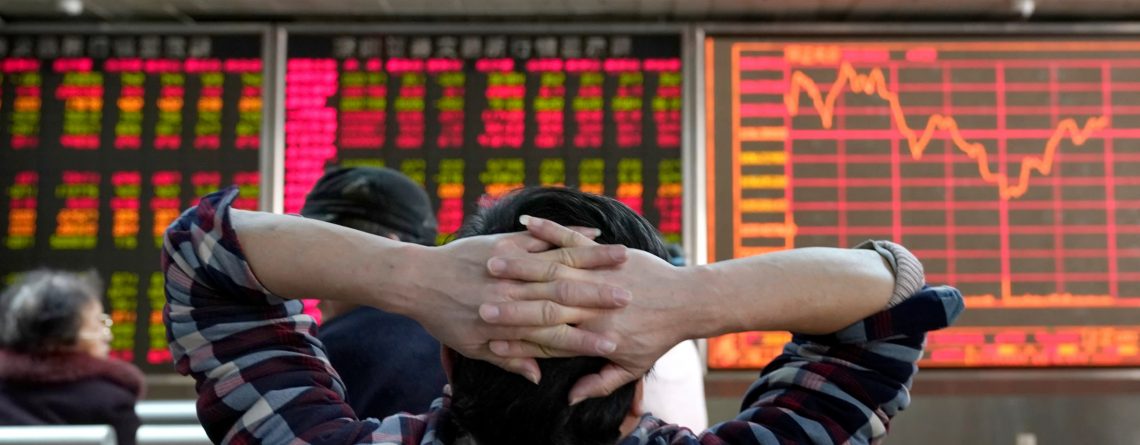Global investors hungry for A-shares despite tensions
China’s healthy economy and expanding equities market is drawing more eyes from across the world. Australian superannuation funds, in particular, are looking to invest more.
For the past two decades Chinese investors have been eager to sample the broadening array of morsels available in the country’s rapidly growing equity market. Now, more foreign asset owners are looking to join the feast, with some of Australia’s superannuation funds leading the way, despite deteriorating relations between Beijing and Canberra.
In October, Border to Coast Pensions Partnership of the UK and Australia’s State Super separately announced mandates to increase their Chinese equity exposure. The British fund said it would allocate up to £500 million from its £46 billion ($55.8 billion) asset pot to two managers to run its China equity fund from early 2021, appointing Hong Kong-based FountainCap Research & Investment and UBS Asset Management.
Meanwhile, the A$42 billion ($31.2 billion) State Super appointed South Africa-based Ninety One, formerly Investec Asset Management, for its All China Equity mandate of undisclosed size on October 26.
Additionally, in January 2020, Coal Pension Trustees (CPT), which runs the UK’s two legacy coal industry retirement funds with combined assets of £21 billion, chose Green Court Capital Management and AQR as its first two dedicated China A-share managers. CPT chief investment officer Mark Walker told AsianInvestor in March that it would hand up to £200 million ($237 million) to the selected firms.
The appeal is obvious. Chinese stocks, including H-shares and US-listed Chinese companies, had a combined market cap of about $13 trillion as of October, which was about 60% of that of shares on the New York Stock Exchange as of the end of 2020.
Indeed, asset owners in several countries are eager to invest more into the world’s second-largest economy after its rapid recovery from the impact of the Covid-19 pandemic. Pension funds in Australia and UK, for example, have been planning friendly tenders for additional investments into China.
China’s financial authorities want to encourage foreign capital inflows to help sustain this growth and boost institutional inflows to offset the retail investors who dominate daily trading flows.
This has been a relatively easy sell, given recent performance. Equity funds investing into the country enjoyed a 21.2% return on average between January and October, well ahead of China-focused bond funds (1.5% gain) and Hong Kong equity funds (1.4% loss), according to Morningstar data.
The strength and diversification play offered by Chinese investments is attracting more foreign capital. Foreign investors held $300 billion in Chinese stock market shares in December 2019, double the amount Asset Owners Family Offices Fund Managers Events Troy Rieck, LGIASuper of two years previously. And during the first half of 2020 a further $13 billion in foreign capital flowed into A-shares, partly in response to the further relaxation of rules, according to a report by Sanne, a US-based asset manager. However, China’s appeal could come under pressure. Its relationship with the US is mired in tariffs and sanctions. In addition, Beijing’s internment of over 1 million of the Uighur minority population and suppression of protesters in Hong Kong has dissuaded some investors. Denmark’s AkademikerPension fund announced in September that would divest from about DKK400 million ($65 million) in Chinese equities and bonds by the end of 2020. It is possible others could follow.
Conversely, fund managers and asset owners aspiring to greater exposure to China hope a Joe Biden presidency on January 20 will help calm the antagonistic relations, while pressurising the administration of Xi Jinping to ease its heavy-handed tactics. If that belief proves to be correct, it could prompt more investment flows towards China.
Read More @AsianInvestor











